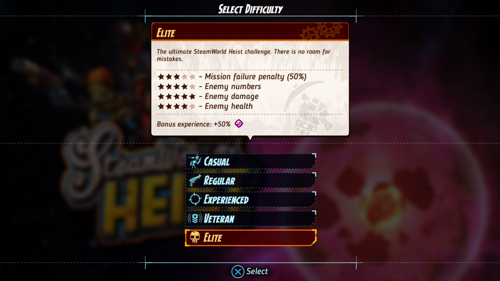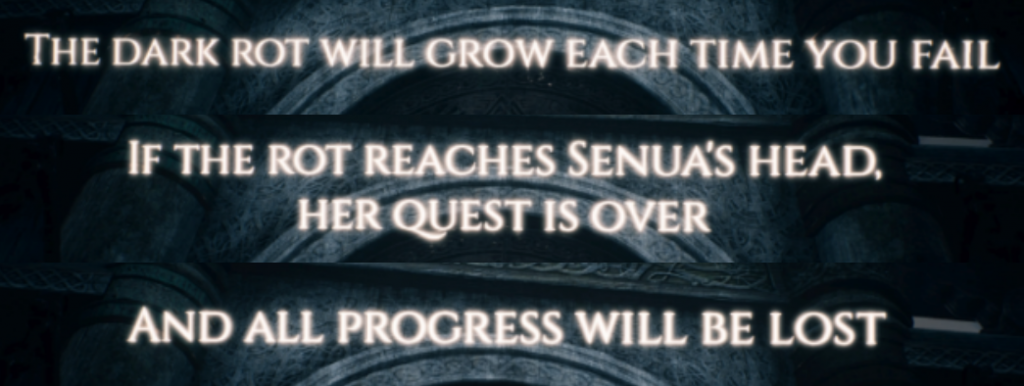Mario 64's punishment gets in the way of its exploration
I’m revisiting Super Mario 64 as part of Super Mario 3D All-Stars and it really strikes me how much the game’s strictness and punishment get in the way of what makes it great, and in particular the way it treats learning challenges as though they were mastery challenges.
To me, Mario 64 is a colorful toybox that invites exploration. It’s at its best when imparting a real sense of discovery, presenting the player with a series of shiny toys and allowing the player to experiment and discover new ways to play with them. And it’s at its worst when it’s slapping the toys out of your hand because you are playing with them wrong.
As I wrote in my review, as you progress it’s increasingly “the case that a single mistake kills Mario, which ejects you from the level completely and requires you to carefully make your way back to where you were before you can experiment any further.” (And unlike the Virtual Console on the Wii U, in 3D All-Stars there are no save states available to guard against this - one way in which this release is actually a step back.) I find myself much less interested in, say, scouring levels for all eight red coins if I’m likely to die while looking for number six and then have to collect the first five all over again. That kind of thing is what got me to put the game down when I played it before. I like the exploration by itself, and I can handle a tough skill challenge, but when the skill challenge interrupts the exploration - when I can’t experiment or practice because I keep getting kicked out of the level - that’s when I just get frustrated.
So I’m trying something different this time: I’m using a guide. Not for every star, but for any where I die at least twice trying to figure it out. That means that for stars where the fun exploration is unhindered by punishment, that experience can remain intact. And stars that are just difficult without requiring exploration are also fine. But for stars where there’s a punishing skill challenge interfering with the exploration, I just skip the exploration part and take it as a skill challenge.
If it were up to me, I’d turn off the punishment instead of the exploration for those mixed cases. I’m pretty confident I’d enjoy this game more if Mario couldn’t die. But I’ll take what I can get, and this might be enough that I’ll actually defeat Bowser this time.
2 Comments


